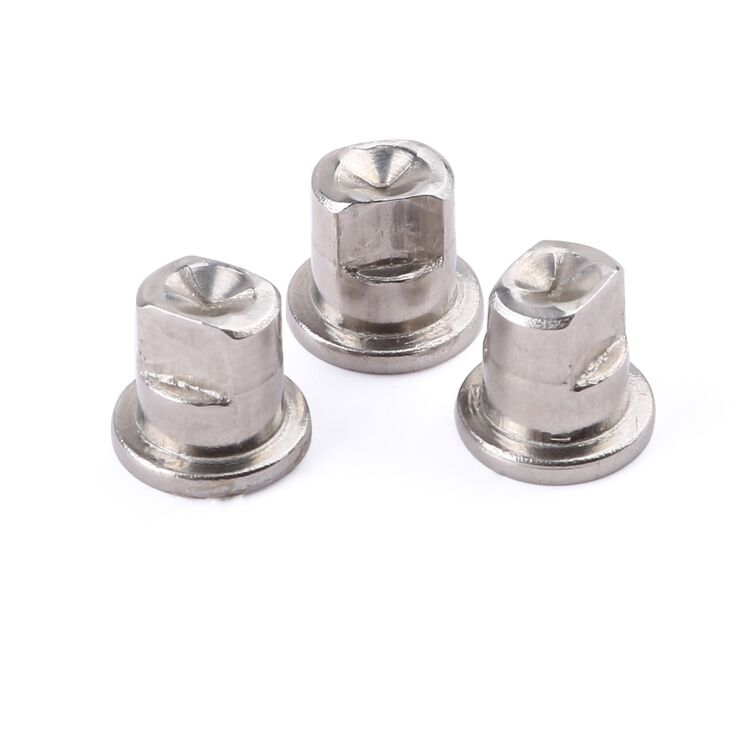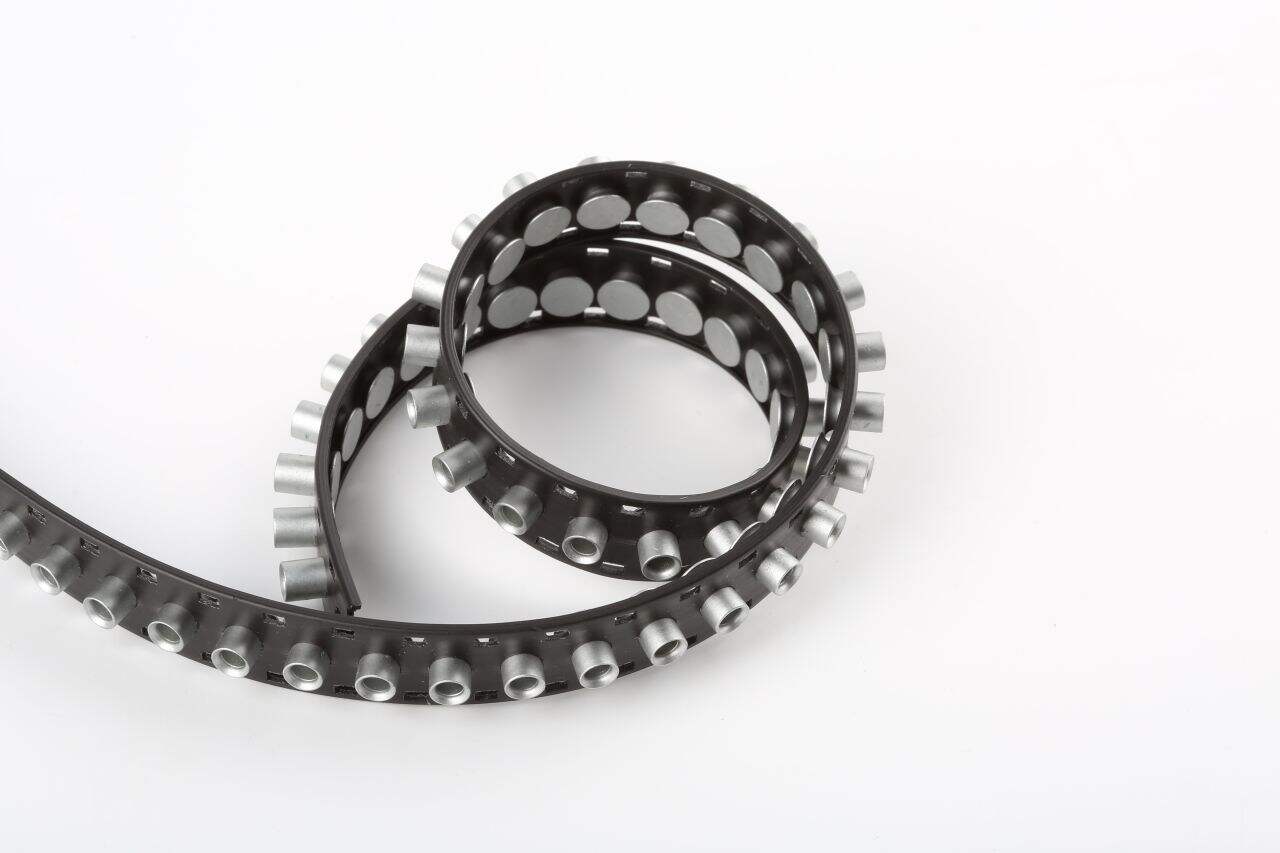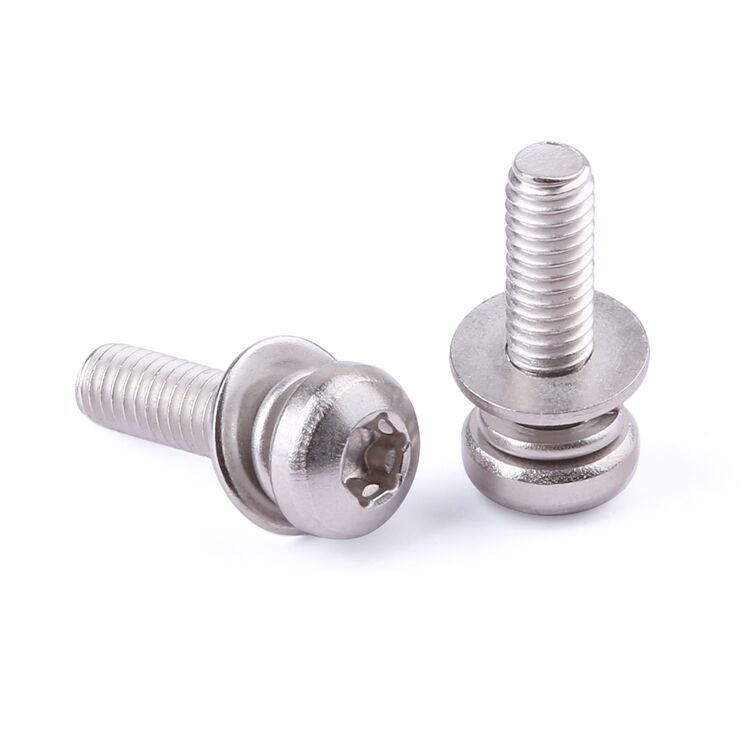A plain washer is a tiny flat round metal ring. It might appear very simple, but it is utilized in many locations for many functions. The purpose of a plain washer, and its conducts, is to spread the load of a fastener such as a bolt or screw. This is super handy as it provides safeguard to the surface of the object which is being held with the help of this adhesive solution. The washer distributes the load to avoid damage and keeps the fastener in place so it all holds well.
You may think of flat washers as just little disks of metal, but they actually serve a crucial role in many different tasks. For instance, in construction bolts are utilized to fasten nuts and bolts in buildings and bridges. These structures could be much weaker and more unstable without them. In ruffage, a flat washer keeps critical engine components together. This is important for ensuring the vehicle operates correctly and safely. Plain washers are used in electronics to secure circuit boards and other sensitive components that need protection against damage.
It’s also worth noting that not every job will need a flat washer. Depending on the application, multiple styles of washers may be required. Star washers or lock washers, for instance, are useful in preventing fasteners from loosening with time. When working on a project, it’s a good idea to seek expert advice to help you decide which type of washer is right for your specific needs.
Then consider how thick the washer is. Washer thicknesses are important because thicker washers are able to support more weight, which is preferred for heavy-duty use. But thicker washers also occupy more room. A thinner washer, on the other hand, could be more appropriate for scenarios where you have limited space or you just want to keep everything tight.

Finally, think about what material the washer is made from. Different materials have different characteristics, which can influence how effectively the washer functions. Plain washers are typically manufactured from materials such as nylon, stainless steel, brass, etc. Each of these materials has its benefits, so finding the one that best fits your needs is important.

Brass: Brass is also a common material for rivet. It is much softer than stainless steel, making it easier to work with. Brass washers also possess excellent anti-corrosive properties, making them ideal for many applications. Also, brass is also quite thermally conductive, so it can take the heat well, which makes it a good option for projects that involve heat.

Nylon: A lightweight and cheap material often used for plain washers. Its non-conductivity is one of its best features, since the electricity can't pass through it. That makes nylon washers useful in electronics applications where safety is important. It also offers corrosion resistance as well as good insulation.


